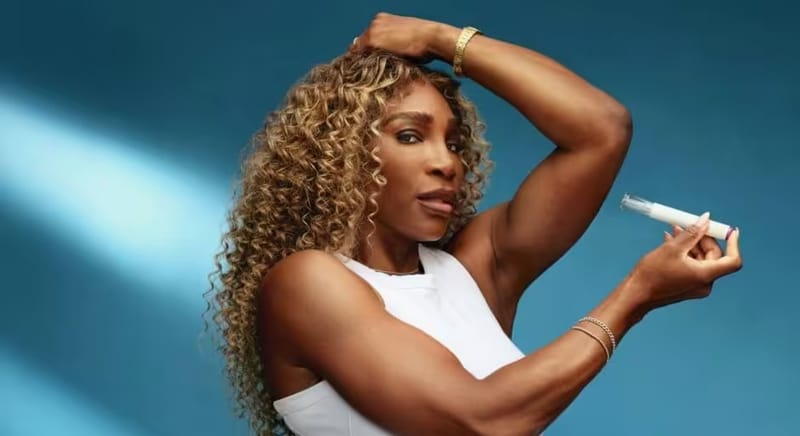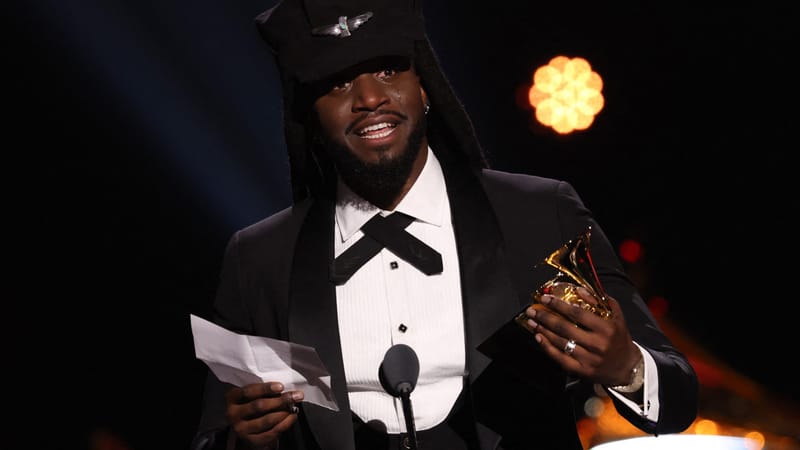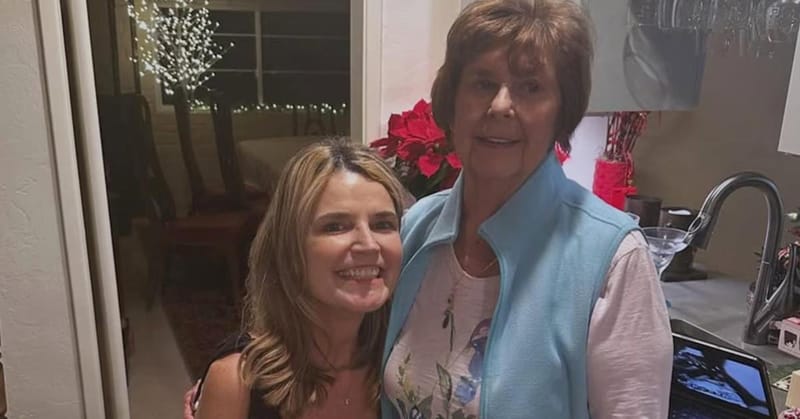RFK Jr. Axes $500 Million in mRNA Vaccine Contracts, Citing Safety and Efficacy Concerns
HHS Secretary’s Move to Halt 22 BARDA Projects Sparks Debate Over Future of Vaccine Development August 6, 2025 WASHINGTON, D.C. — Health and Human Services Secretary Robert F. Kennedy Jr. announced Tuesday the cancellation of 22 contracts worth approximately $500 million for mRNA vaccine development, marking a significant shift
HHS Secretary’s Move to Halt 22 BARDA Projects Sparks Debate Over Future of Vaccine Development
August 6, 2025
WASHINGTON, D.C. — Health and Human Services Secretary Robert F. Kennedy Jr. announced Tuesday the cancellation of 22 contracts worth approximately $500 million for mRNA vaccine development, marking a significant shift in U.S. health policy under the Trump administration. The decision, affecting projects funded by the Biomedical Advanced Research and Development Authority (BARDA), targets vaccines for respiratory viruses like COVID-19, influenza, and H5N1 bird flu, involving major pharmaceutical companies such as Pfizer, Moderna, and Sanofi.
Kennedy, a longtime vaccine skeptic, justified the move in a statement, claiming that “data show these vaccines fail to protect effectively against upper respiratory infections like COVID and flu.” In a video posted on X, he argued that mRNA vaccines are rendered ineffective by single viral mutations and may even prolong pandemics by encouraging viral mutations, a phenomenon he referred to as “anogenic shift.” He cited the omicron variant’s spread among vaccinated individuals as evidence. “We reviewed the science, listened to the experts, and acted,” Kennedy said, emphasizing a pivot to “safer, broader vaccine platforms” like whole-virus vaccines.
RFK Jr cancels $500 million in mRNA research, HHS to prioritize 'safer' vaccine alternatives https://t.co/d2lsSo75Yi
— Fox News (@FoxNews) August 6, 2025
The cancellations, which include a previously terminated Moderna contract for bird flu vaccine development, have drawn sharp criticism from scientists and public health experts. Dr. Paul Offit, a virologist at Children’s Hospital of Philadelphia, called the decision “short-sighted,” noting that mRNA vaccines “saved millions of lives” during the COVID-19 pandemic. Dr. Michael Osterholm, a University of Minnesota infectious disease expert, described it as “one of the worst decisions in 50 years of public health preparedness,” highlighting mRNA’s rapid production capabilities as critical for future pandemics.
The Department of Health and Human Services (HHS) clarified that the wind-down affects 22 projects but spares some late-stage contracts to preserve taxpayer investments. Other mRNA research, such as at the National Institutes of Health, remains unaffected. Kennedy also hinted at a “universal vaccine” mimicking “natural immunity” as a future focus, though specifics were not provided.
Critics, including former BARDA director Rick Bright, warned that halting mRNA research undermines national security by weakening defenses against emerging biological threats. “Dismantling that momentum now is like disbanding the fire department because the fire’s out,” Bright said. The American Medical Association echoed concerns, citing mRNA’s proven role in curbing the 2020 pandemic. Conversely, groups like Children’s Health Defense, founded by Kennedy, applauded the move as a step toward prioritizing vaccine safety.
RFK Jr. pulls $500 million in funding for vaccine development https://t.co/YIxMGsRMo8
— Daily Mail (@DailyMail) August 6, 2025
The decision follows Kennedy’s broader overhaul of U.S. vaccine policy, including firing the CDC’s vaccine advisory committee and pulling COVID-19 vaccine recommendations for healthy children and pregnant women. Posts on X reflect polarized sentiment, with some users praising Kennedy for challenging “Big Pharma” while others decry the move as reckless.
As concerns about bird flu persist, the cancellations raise questions about U.S. preparedness for future pandemics. Scientists argue that mRNA’s flexibility—allowing rapid updates to target new variants—makes it indispensable, while Kennedy’s push for alternatives like whole-virus vaccines, which take longer to develop, has sparked skepticism. The debate underscores a growing divide over vaccine technology and public health strategy.




